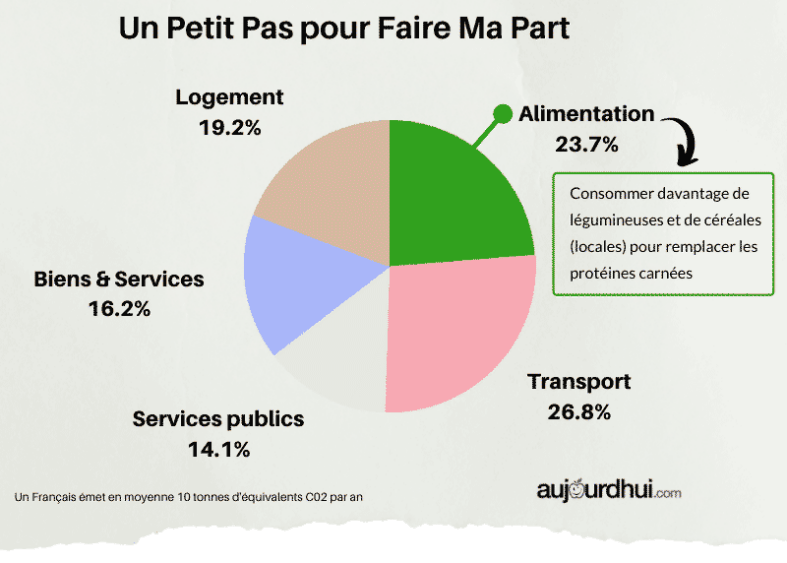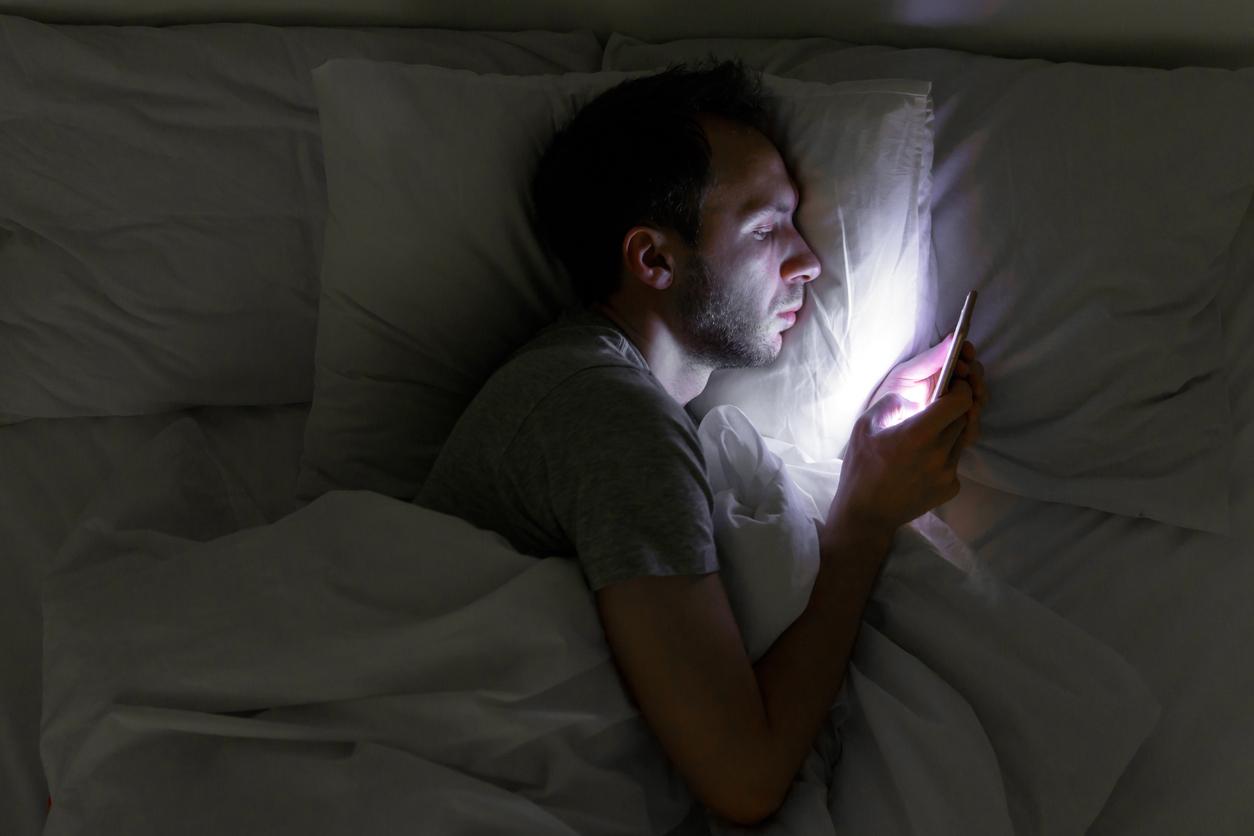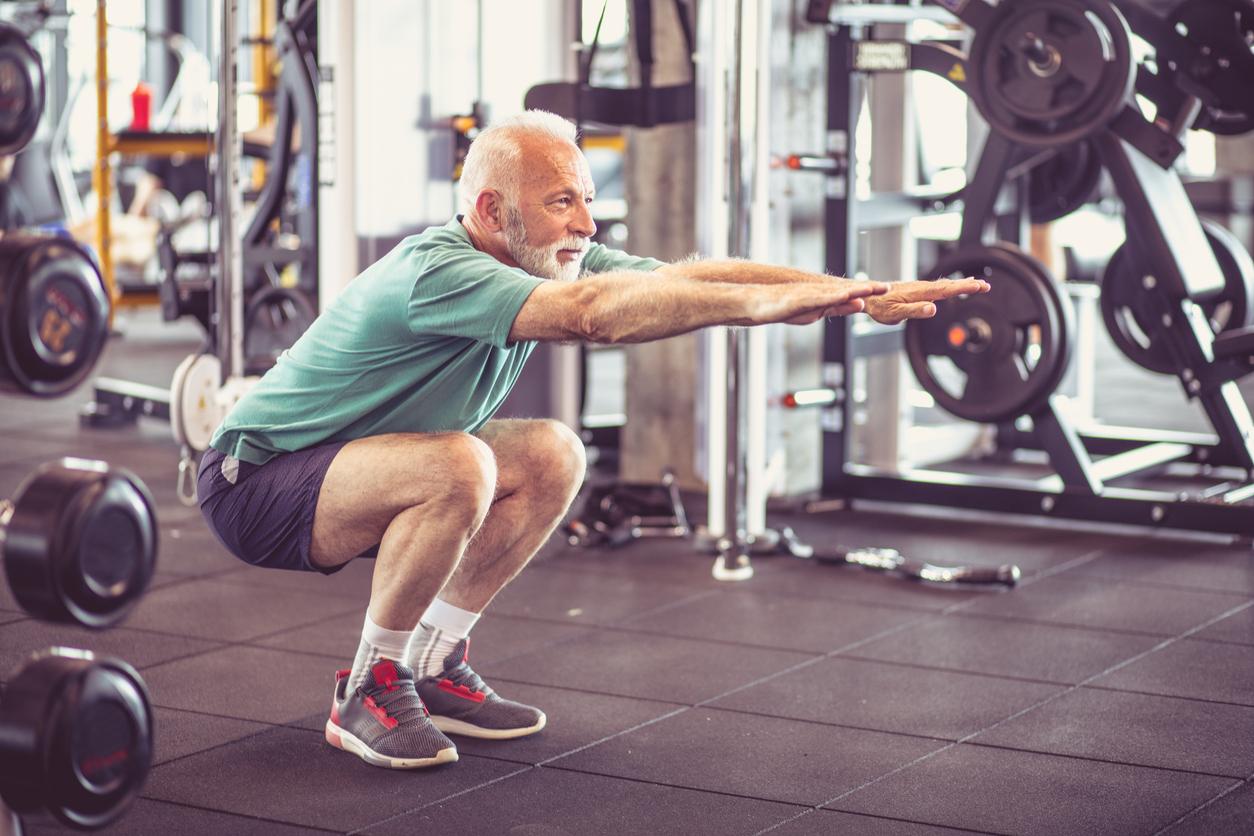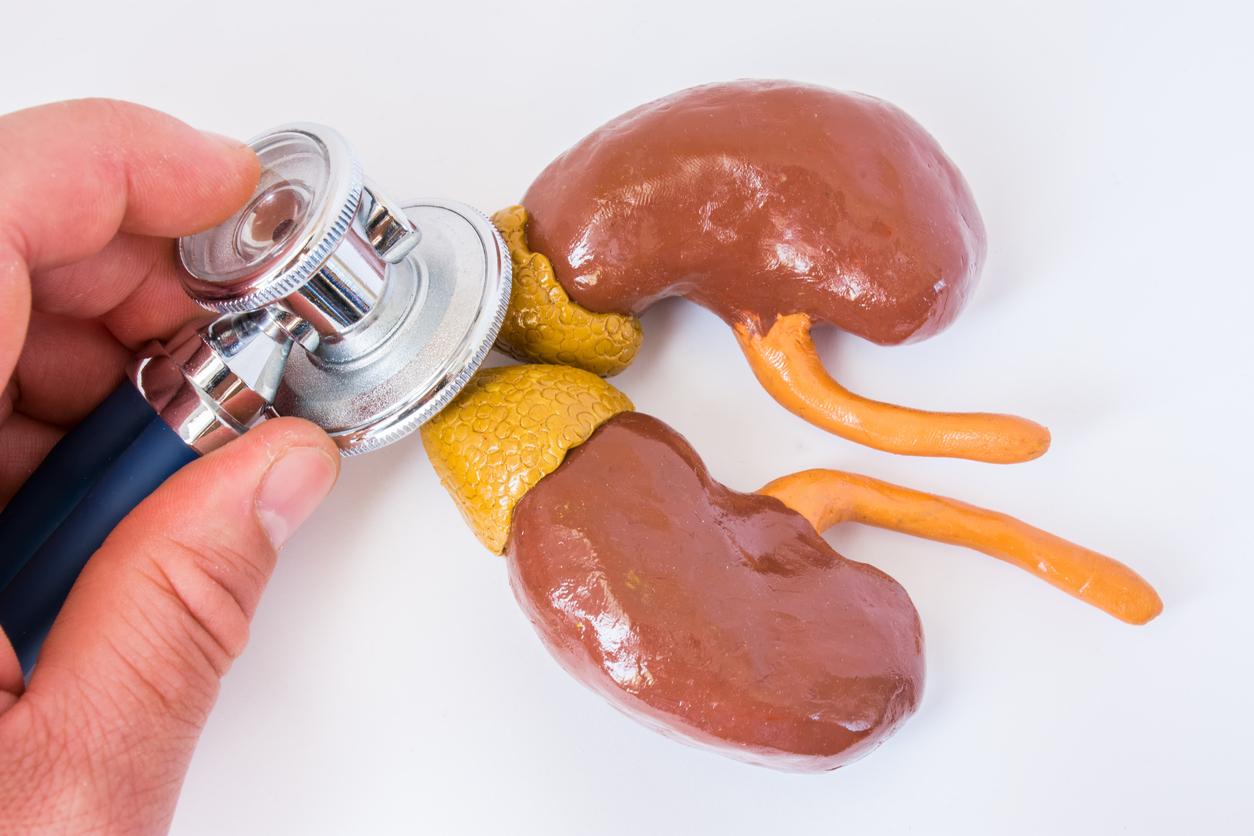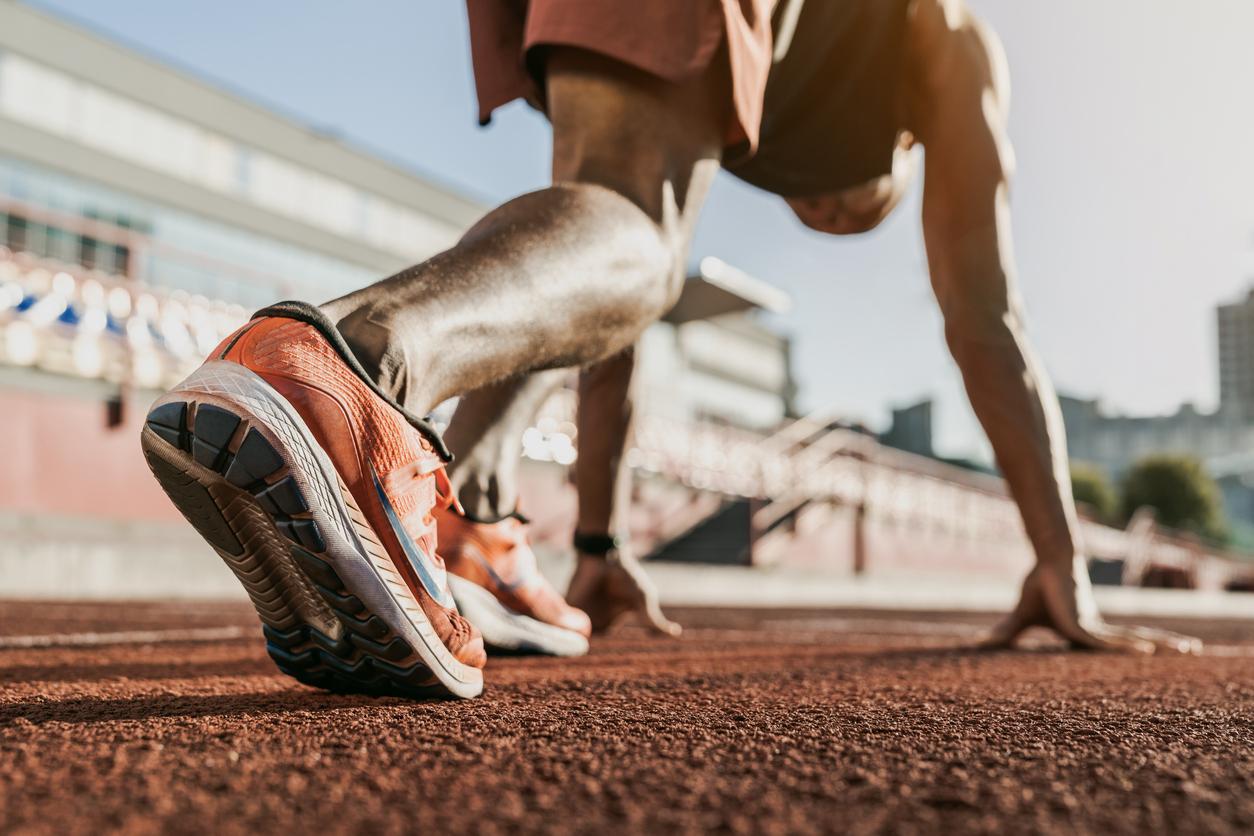A laboratory study assures that eating during the body’s rest period could help develop muscle fibers and be beneficial to endurance sports enthusiasts or even the elderly.
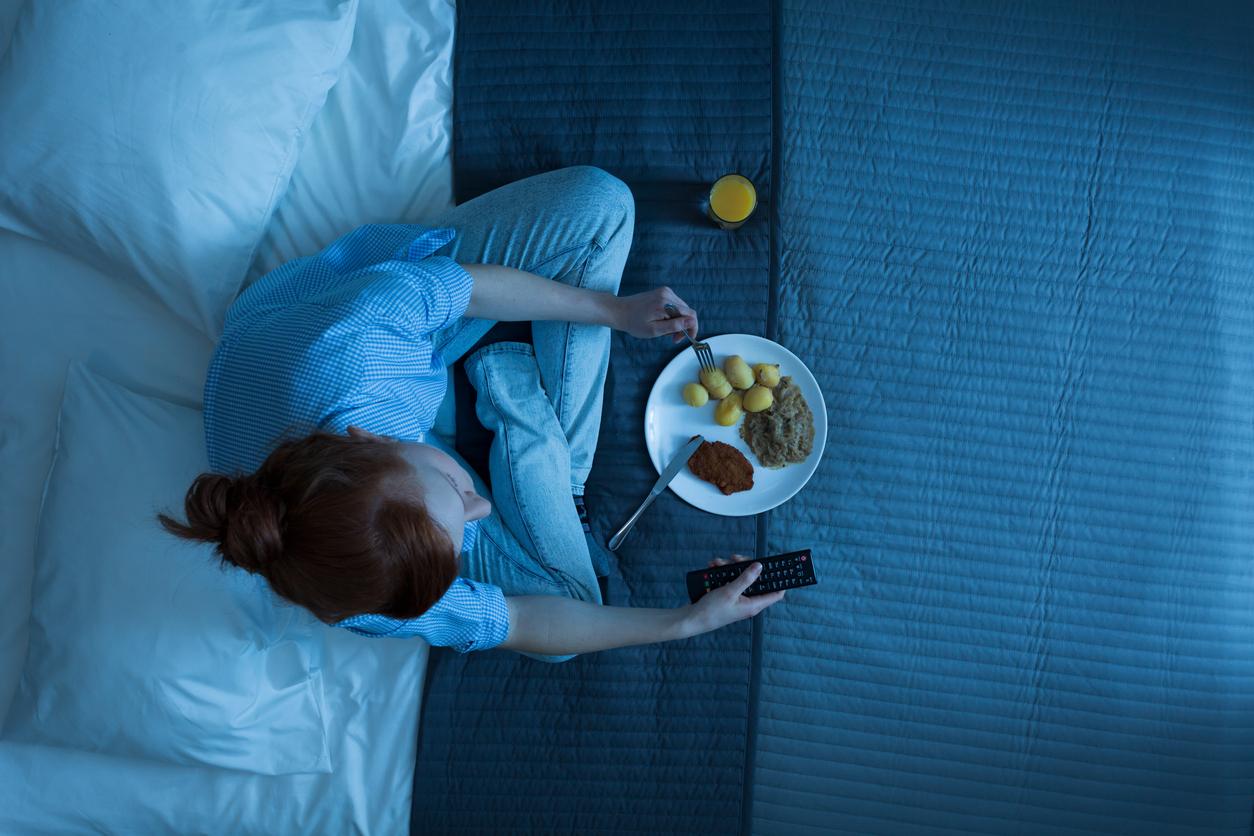
- A mouse study suggests that eating during what would normally be a resting period for the body (at night) helps build endurance.
- Mice that ate during their rest period had a higher amount of a muscle fiber linked to endurance.
- Further work is needed to verify whether this phenomenon is also present in humans.
Weight gain, hyperglycemia, impact on sleep… of many health professionals advise against eating at night. However, a study of theArmy Medical College (China) suggests that this habit could offer benefits, especially for those who practice endurance sports such as running. Indeed, by working on mice, the researchers discovered that eating during the rest period of the body would help the development of muscle fibers.
Eat the night boosts theendurance
The scientists brought together 30 mice for this experiment. They were on a grain-based diet. Some ate for a 12-hour period when the lights were on and others over a similar time but when the lights were off. The experiment lasted three weeks. A control group of 16 rodents ate whenever they wanted.
The results of the study were edifying: mice that ate only during the day, the equivalent of our night, were able to run twice as long as those that ate only at night or when they wanted to.
“As mice are nocturnal, the equivalent treatment in humans might be to eat at night, or perhaps eat less early in the day and have a large dinner just before sleep”has explained Min Dian Li, one of the authors at the site NewScientist.
Muscles and nocturnal diet: an interest for athletes and seniors
The results of the study, published in Nature Metabolism on June 26, 2023, showed that mice that ate during their rest period had a higher amount of a muscle fiber used in endurance running than those that did not. This would explain the differences in performance observed in the rodents tested.
What’s more, other reviews showed that daytime feeding in mice was linked to lower levels of a protein called perilipin-5. The latter is involved in the use of fat as a source of energy during exercise.
The team recognizes that further research is needed to extrapolate these results to humans. It is also necessary to check the impact of nocturnal feeding on other health elements, in particular the risks of diabetes and fatty liver disease. However, for researcher Min-Dian Li, adopting later meal times would not only be advantageous for athletes, it could also be interesting for the elderly. “who could benefit from greater muscular endurance”.



